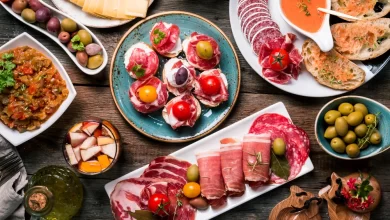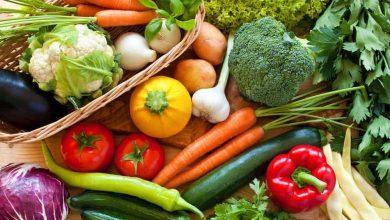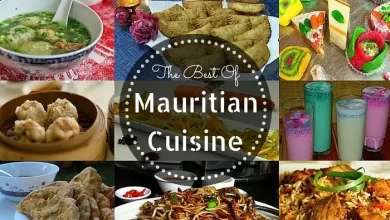How do they grow tomatoes “for themselves” in China.
For a long time in China, tomatoes were not recognized at all, and they believed that this fruit (by the way, they have it as a fruit, not a vegetable) reduces male power. The war for the planting of tomato growing among the masses took place in China worse than in our country with potatoes. In general, since “the authorities said it’s necessary, then it’s necessary. So they gradually tasted it and got used to it. True, they eat only fresh – no canned food.
There is … I had a Chinese friend Liu (I don’t know what his name is according to the Chinese priest). A pleasant, wizened old man, who for some time registered in one of the villages of the Chelyabinsk region. He walked around the field, looked at the lake, rubbed the Ural land in thin sinewy hands and … organized a business.
Local residents did not even have time to blink an eye, as Liu and his associates (almost 33 heroes) built a couple of kilometers of greenhouses near the village in a few days. They worked at a Stakhanovite pace.
Chinese heroes worked in greenhouses, and Liu, like the Chernomor father, sat at the gate and was responsible for contacts with the outside world, communication with the security forces and all sorts of inspectors, and at the same time he sold mushrooms, herbs, cucumbers and tomatoes, which were grown by his wards.
Tomatoes were like a selection: beautiful, pot-bellied, clones of the same color. All those passing by were happy to buy these beauties, not yet knowing that they contained the entire periodic table, seasoned on top with Skolkovo nanotechnologies and Chinese pesticides.
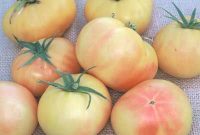
We bought these tomatoes several times. As usual, we talked. We talked about glass, he talked about his Mahurin successes. And somehow imperceptibly invited me to go inside, to show one thing made of glass. I walked along the giant tomato bushes that grew without beds directly from the ground and marveled at the well-coordinated work of the Chinese.
As right in front of the entrance to the barracks, where they all lived in a crowd, I saw high beds and completely different tomatoes. Not as smooth and beautiful as they sold, but fleshy and very large. Each tomato did not fit in my far from small palm.
Those tomatoes that went on sale were treated with a hell of a cocktail of pesticides and herbicides, so they did not need beds. Everything grew on its own. But exclusively for themselves, not for sale, they grew herbs and vegetables in a completely different system.
And now, in fact, the “Chinese” way of growing itself:
A healthy box is made of boards, on the bottom of which a thick plastic film is laid. In this film, small holes are made in the corners so that when watering, excess moisture does not accumulate, but gradually leaves it. Otherwise, the roots of the plants will begin to rot.
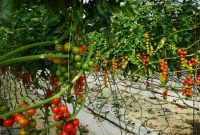
After that, tree trimmings, branches and other plant uselessness are placed at the bottom of the “mini-pool”. Further, the Chinese Michurinism dump four bags of shiitake mushrooms (or oyster mushrooms, champignons) into a box and cover the whole thing with a 10 cm layer of black soil.
All the garden is ready.
All the salt is in mushroom sacks. The fact is that shiitake entangle the entire contents of the bag with mycelium (and these are sunflower seeds, straw and other organic filler). It turns out an ideal fertilizer, which contains a lot of useful substances, organic matter.
No chemical fertilizers are needed, in addition, bags of oyster mushrooms and shiitake are the best decontaminant of the earth. There will be no aphids, fungi, powdery mildew, pests and other nasty things that annoy gardeners so much.
This year we “charged” the beds in our Icelandic greenhouse with just such bags. Bags of mushrooms are quietly sold as fertilizer, their price is from 50 to 150 rubles, depending on the greed of the sellers. The Chinese grew mushrooms themselves, so organic fertilizer for their tomatoes cost them nothing. We had to buy 75 rubles per bag.
I have not seen such beautiful, tasty and fleshy fruits for a long time. There were even more cucumbers. I was pleased with the Bulgarian pepper – he really liked this fertilizer.
A year later, we met Liu and his heroes, with the support of the security forces, they made a “suitcase-station-China.” Since half of the heroic force was illegal, and in tomatoes “for sale” they found not only the entire periodic table, but also chemical elements unknown to science.
